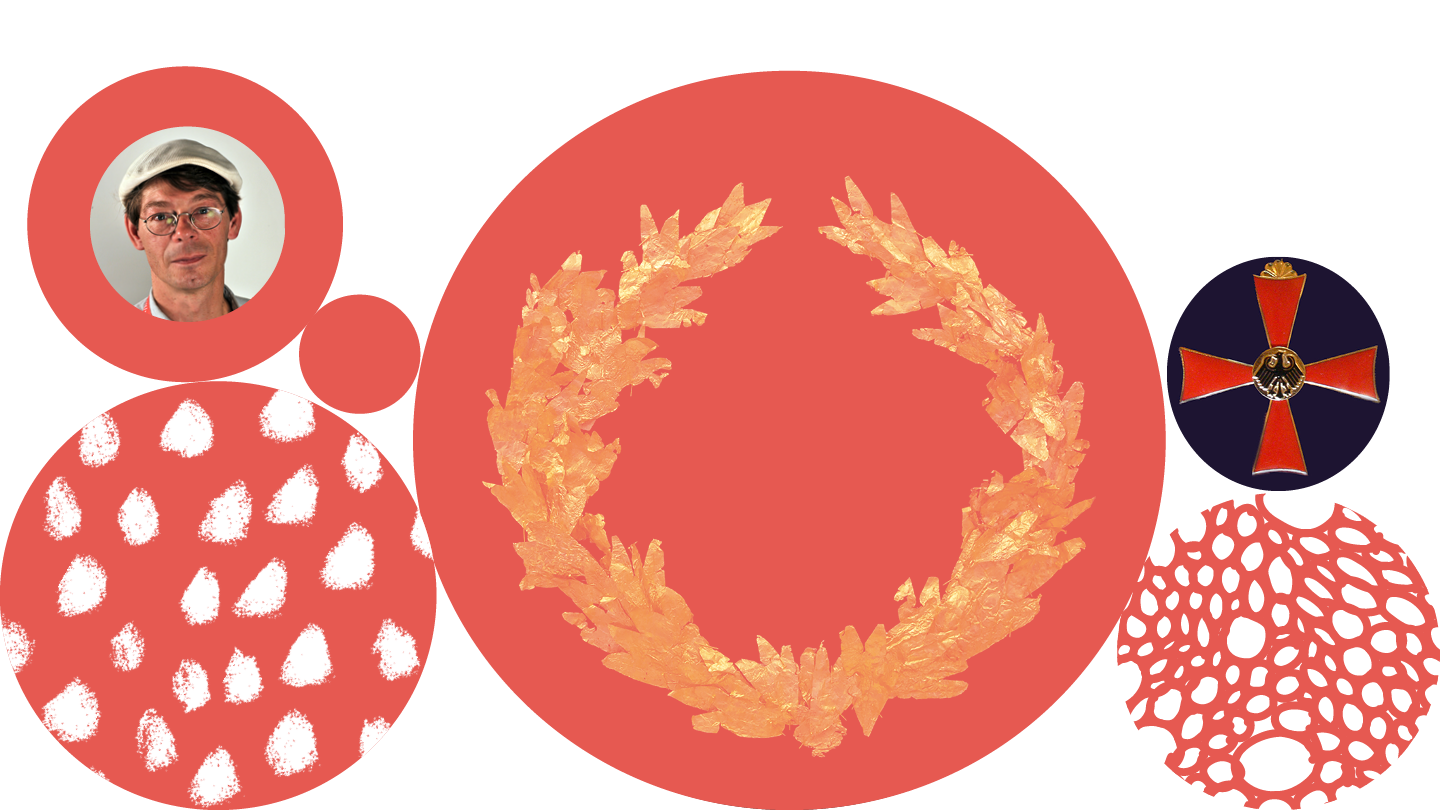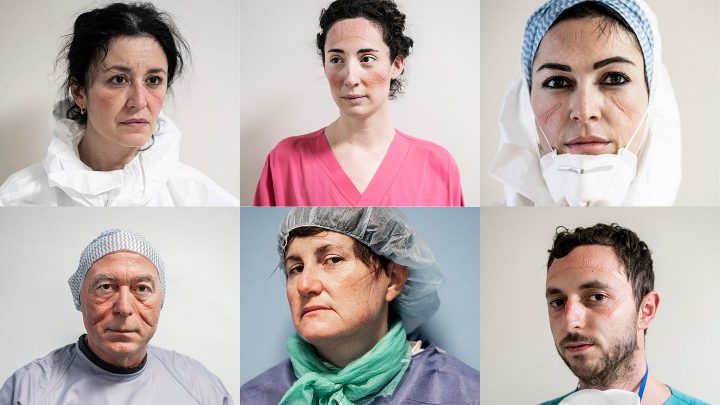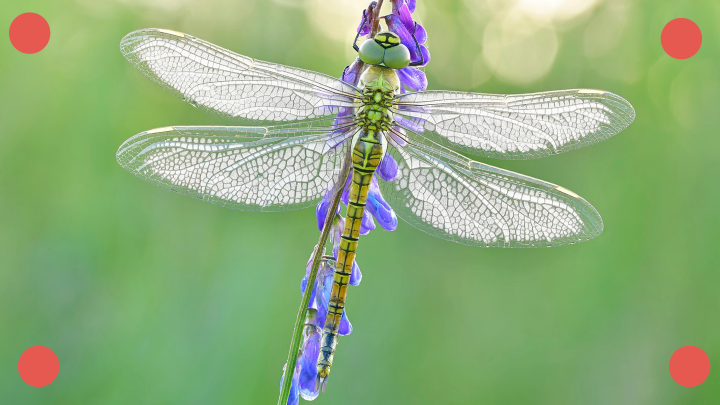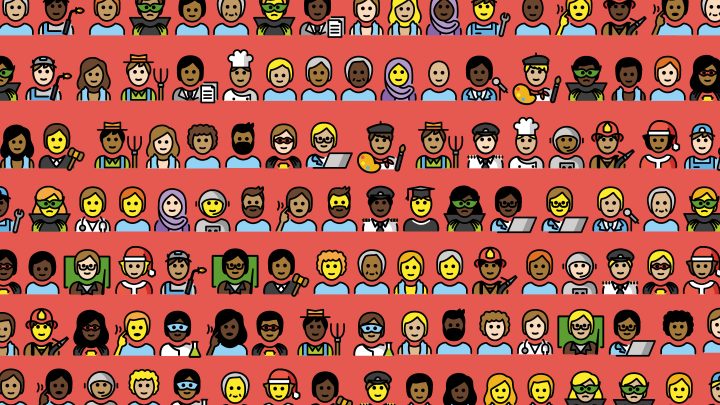One Medal of the Order of Merit of the Federal Republic of Germany went to Wikipedia active Bernd Schwabe.
Wikimedia Deutschland was awarded the Karl Preusker Medal – one of the highest awards in the library sector in Germany. And Wikipedian Bernd Schwabe from Hanover was awarded the Federal Medal of Merit for his commitment. He is the first volunteer to be honored with a Medal of the Order of Merit of the Federal Republic of Germany – a significant step for the recognition of digital volunteering.
“Karl Benjamin Preusker can be described as an important pioneer of public librarianship in the first half of the 19th century and a forerunner of the later book-hall movement.” This is what his Wikipedia entry says about Preusker. The Karl Preusker Medal is named after him. It is awarded by the umbrella organization Bibliothek & Information Deutschland (BID)to individuals or institutions that promote and support the cultural and educational mission of the library system in an outstanding way. In 2020, it went to Wikimedia Deutschland.
“Libraries and Wikimedia are particularly connected to each other through their great common goals: Both work to make knowledge freely accessible, provide open educational content, and advance the digitization of knowledge,” said Abraham Taherivand, Executive Director of Wikimedia Deutschland.
In the past, Wikimedia projects have repeatedly received valuable references and digitized material from libraries – the libraries in turn received important impulses for the digital transformation. On the occasion of awarding of the Preusker Medal, the German National Library and Wikimedia Deutschland published the WikiLibrary Manifesto: its goal is the creation and use of a Linked Open Data network for art, culture and science.
Preserver of knowledge
Wikipedian Bernd Schwabe also received a special award. He has been honored with the Medal of the Order of Merit of the Federal Republic of Germany for his digital volunteer work – making him the first volunteer ever to receive such an honor. He is from Hanover, has been active in Wikipedia since 2009 and has written or significantly edited more than 4,000 articles. His focus is on texts about places, events and people who have shaped the history of his hometown.
For example, he wrote an article about Georg Hiller, an entrepreneur and pioneer of vegetarianism who opened Germany’s longest continuously operating vegetarian restaurant in 1955. Schwabe wrote a text about Hans Bremer, a Hanover police officer who served as a Gestapo member during the Nazi era and was later convicted of “crimes against humanity.” He also wrote the entry about Maria Elisabeth von Anderten – a 17th century noblewoman who died at a young age.
The Prime Minister of Lower Saxony, Stephan Weil, who nominated Schwabe for the Medal of the Order of Merit, emphasizes: “With his work, Bernd Schwabe has been making an important contribution to Hanover for 10 years, both in text and in pictures. Without his voluntary commitment and that of many other volunteers, much information would be lost forever or would only be accessible to a (too) small circle.”
3 Questions to Katarina Peranić
There is a veritable ecosystem of volunteerism on the web: from Freifunk to the Wikipedia community to digital neighborhood help, to name just a few. How do you assess their evolving importance – in relation to classic analog volunteering?
First of all, I think it’s good to think about the two areas together. In the past, opposites were often constructed here: on the one hand the online volunteers, on the other hand those who are on site. But that has always been a pseudo contrast. In fact, they are two mutually supportive ecosystems that are increasingly converging and merging. Basically, the question is: Why do people get involved at all? Because you want to solve a social problem – which would be the really noble goal, or because you want to get something going with others and learn a lot yourself, gain skills and social competencies. Or because you believe in giving something back when you yourself are doing well. In all of this, it doesn’t matter whether the engagement is analog or digital.
What role will the development of digital knowledge communities play for engagement and volunteering in the future?
From my perspective, a big one. It is not just engagement that is diverse. There are also very different areas of engagement: sports attracting the largest number of people, culture, social issues and the environment. Knowledge is created wherever you look and projects are created everywhere – but it’s often the case that a lot of time and a lot of resources are invested in developing the same things. From my experience, it is enriching to bring these different people into dialogue and an exchange of knowledge so that they can learn from each other and join forces. That’s where we need many more formats and actors who are willing to share their knowledge, for example at events such as barcamps. The foundation “Stiftung Bürgermut” with openTransfer is very involved in this, and Wikimedia is of course also a huge player in this field.
What are the framework conditions policymakers can create for a good future for digital volunteering?
Policymakers are definitely strong partners to support and fund engagement and volunteering. In recent years, I’ve seen a great leap forward in this area. There is now a Prototype Fund, which is mapped via the Open Knowledge Foundation. The Freifunk project, which establishes free communication in digital networks, has finally been included in the family of non-profit purposes. For me, this also counts as a framework that needs to be created. In general, policymakers ought to listen more to civil society: What are the demands and needs? People on the ground know best what they need.
Katarina Peranić
Katarina Peranić is a board member of the foundation “Deutsche Stiftung für Engagement und Ehrenamt”. Until 2020, she was on the executive board of the foundation “Stiftung Bürgermut”. The certified foundation manager (German foundation academy DSA) and political scientist has been supporting projects in civil society and politics for more than ten years. The development of analog and digital knowledge communities plays a central role in her work.


 www.wikimedia.de/
www.wikimedia.de/

